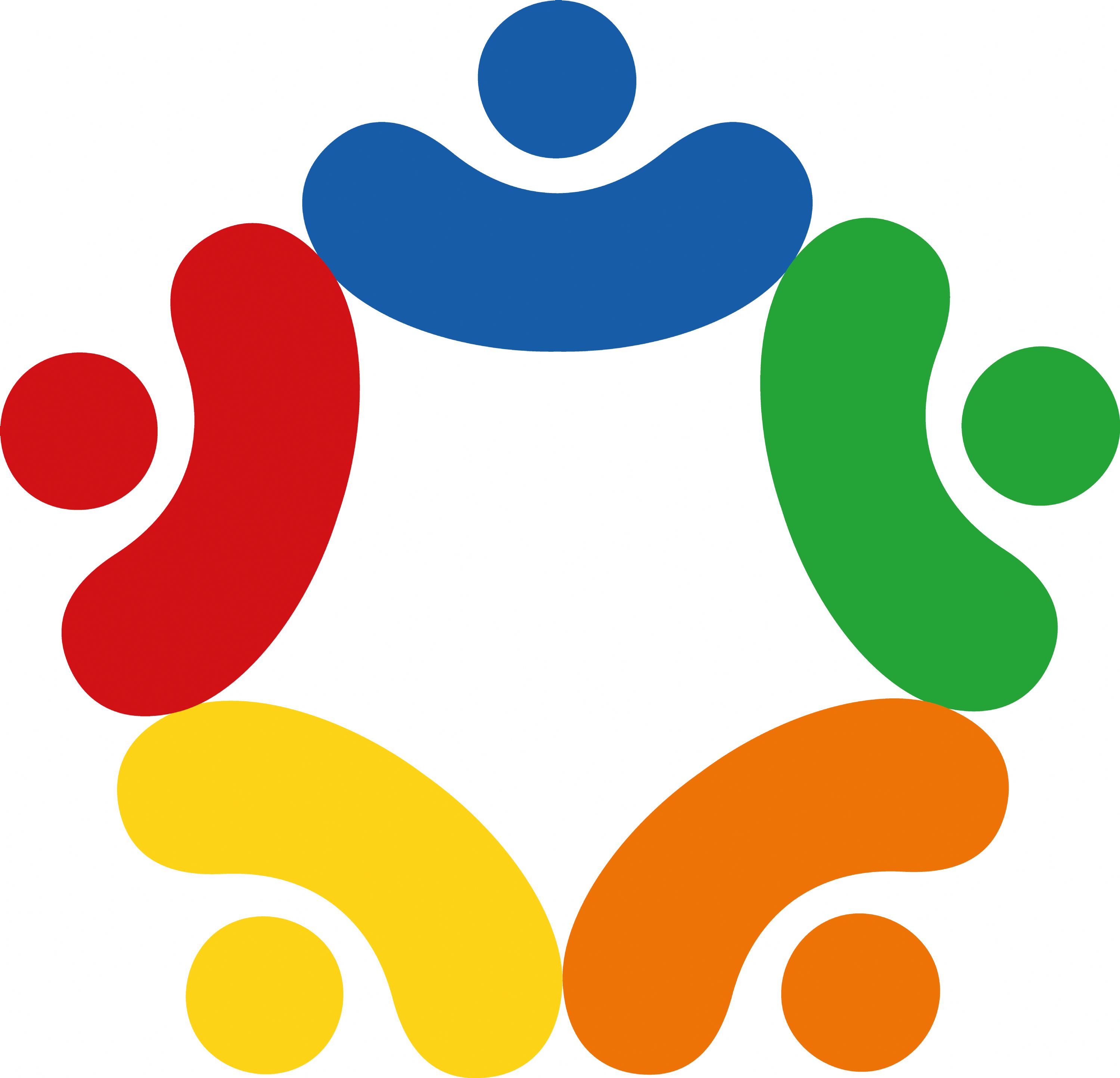Spiritual Development
How do we define spirituality at CCNM?
Spirituality is the way in which we combine our thoughts and emotions to reflect, respond to, and seek to give meaning and purpose to the experiences that we encounter in life. It has to do with human wholeness, to our responses to both the awe-filled and awful moments of life, it is part of our capacity for profound and significant thinking and being. It is entwined with a person's morals and may or may not encompass a relationship with God.
Whilst all human beings are spiritual, spirituality can be developed in a variety of ways. At CCNM, we understand our responsibility to offer experiences, opportunities and space for spiritual development to enable children to understand themselves, others and their world. We facilitate this through our CCNM approach of “windows, mirrors and doors”, enabling our pupils to engage their spirituality through encounter, reflection and transformation.
In our life together as a school community, we seek to provide children with a supportive and nurturing environment in which to make wise and appropriate choices aligned to our school vision of ‘becoming the people God made us to be’ and our ‘Ways to Be’ of be kind, be safe, be respectful and be your best.
Spiritual development is enabled when uniquely human capacities are nurtured and encouraged. These include:
- Beliefs – the development of personal beliefs, including religious beliefs; an appreciation that people have individual and shared beliefs on which they base their lives; a developing understanding of how beliefs contribute to personal identity and a willingness to take a stand to defend these beliefs.
- Awe and wonder – being inspired by the beauty of the natural world, mystery, or human achievement
- Reflection and prayer – allowing ourselves to be comfortable with our own beliefs and respecting those of other people by being comfortable with stillness and silence and open to engage in reflection or prayer.
- Meaning and purpose – asking ‘why me?’ at times of hardship or suffering; reflecting on the origins and purpose of life; responding to challenging experiences of life with curiosity and open-mindedness.
- Self-knowledge – an awareness of oneself in terms of thoughts, feelings, emotions, responsibilities and experiences; a growing understanding and acceptance of individual identity; the development of self-respect and the ability to find inner strength and resilience when facing challenges; being willing to take risks and to reflect, learn and grow following experiences of failure as well as success; making free and responsible choices with an awareness of their consequences and implications.
- Relationships – recognising and valuing the worth of each individual; developing a sense of community; the ability to build positive relationships with others, to empathise, to be thankful and to show generosity.
- Creativity – expressing the innermost thoughts and feelings; exercising the imagination, inspiration, intuition and insight.
- Feelings and emotions – the sense of being moved by beauty or kindness; hurt by injustice or aggression; a growing awareness of when it is important to control emotions and feelings and how to learn to use feelings as a source of growth; being ready to say sorry when mistakes are made, to forgive themselves and to forgive others.
Why is spiritual development important at CCNM?
As a church school, we believe that our role is to educate the whole child and that the spiritual growth of our children is as important as, and indeed is a vital contributor to, their academic development. Our collective understanding of spirituality is promoted each week through our school vision and our collective worship iShare Learning themes, as well as opportunities for spiritual development woven throughout our curriculum (see below). Getting children to consider the world around them, reflecting and thinking for themselves, evoking positive emotional responses are all key elements for spiritual development. By supporting the spiritual development of our children, our aim is that it will enable them to take their place in society as fulfilled, responsible, spiritually aware and emotionally engaged individuals.
When designing our curriculum, we have reflected on the theological underpinning of each subject. We have considered how each subject allows for spiritual growth and reflection, as well as why these subjects are important to Christians.
How is spirituality developed across all curriculum areas?
When designing our curriculum, we have reflected on the theological underpinning of each subject. We have considered how each subject allows for spiritual growth and reflection, as well as why these subjects are important to Christians. You can read more about this here.
